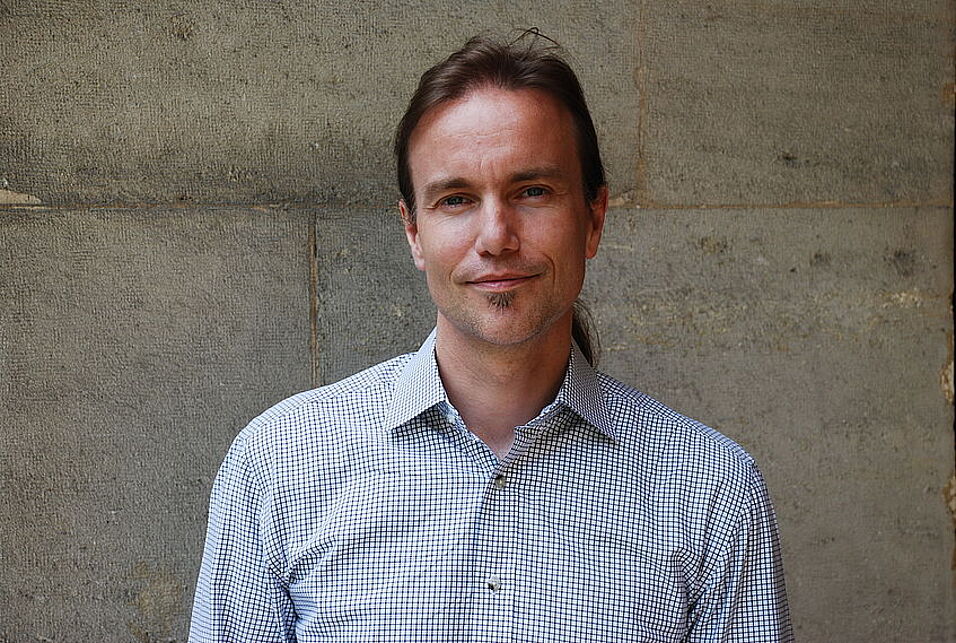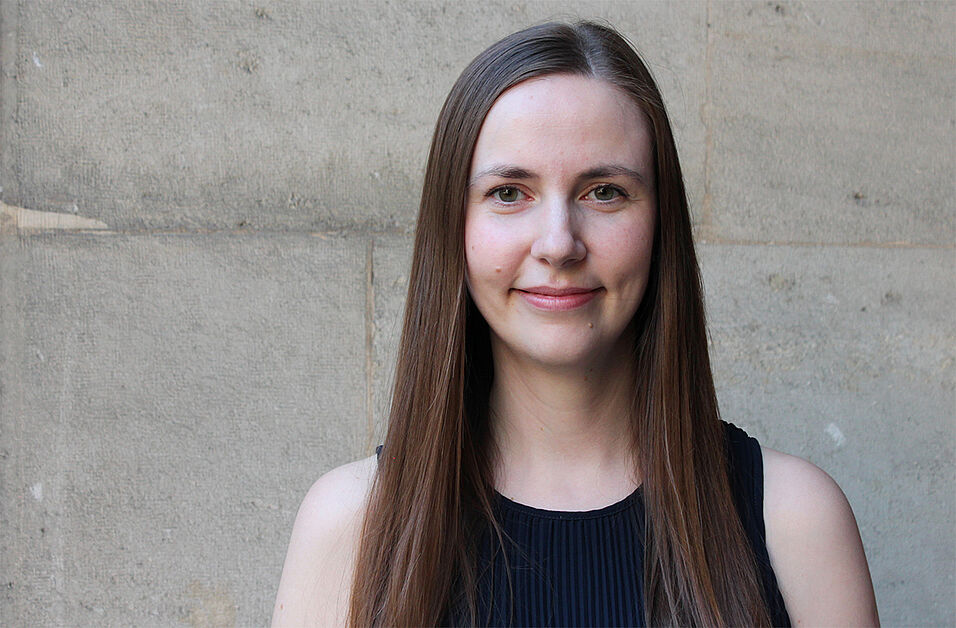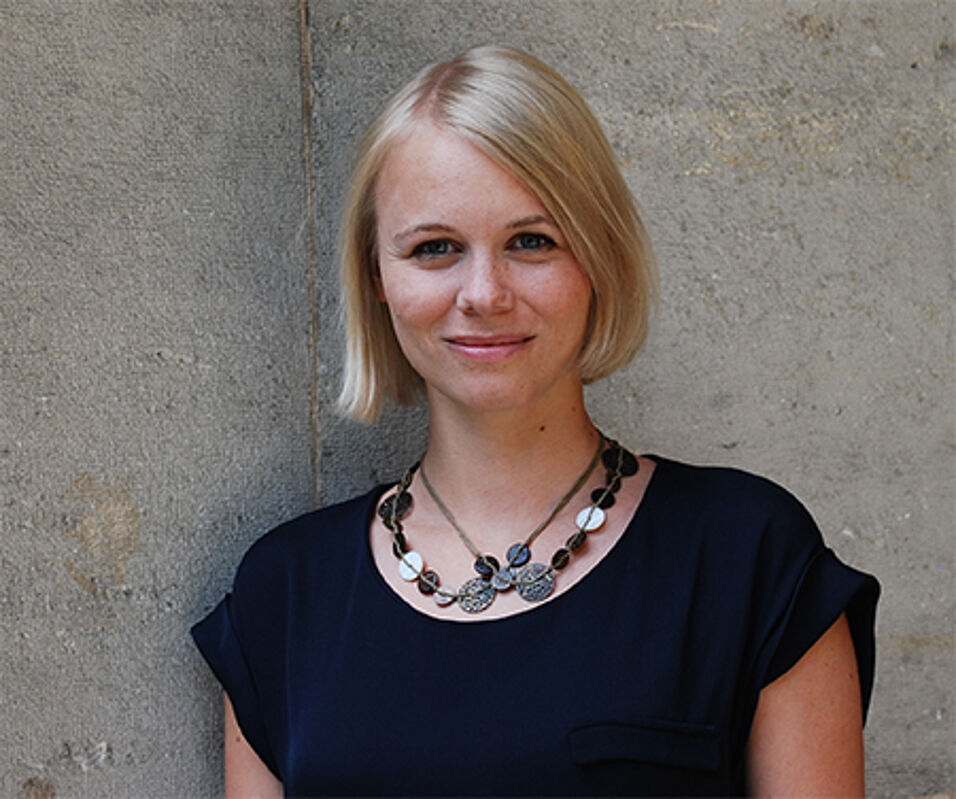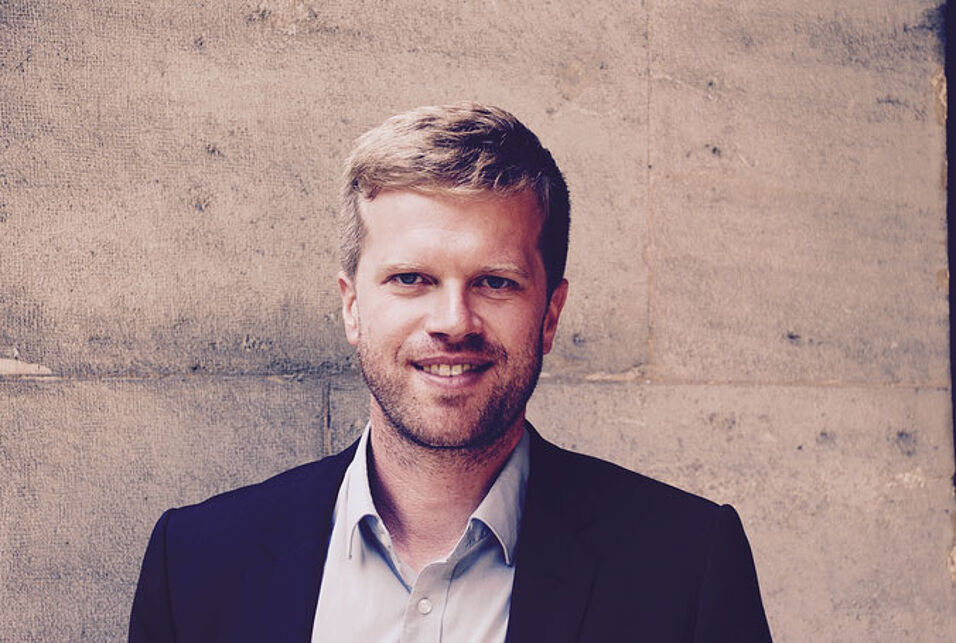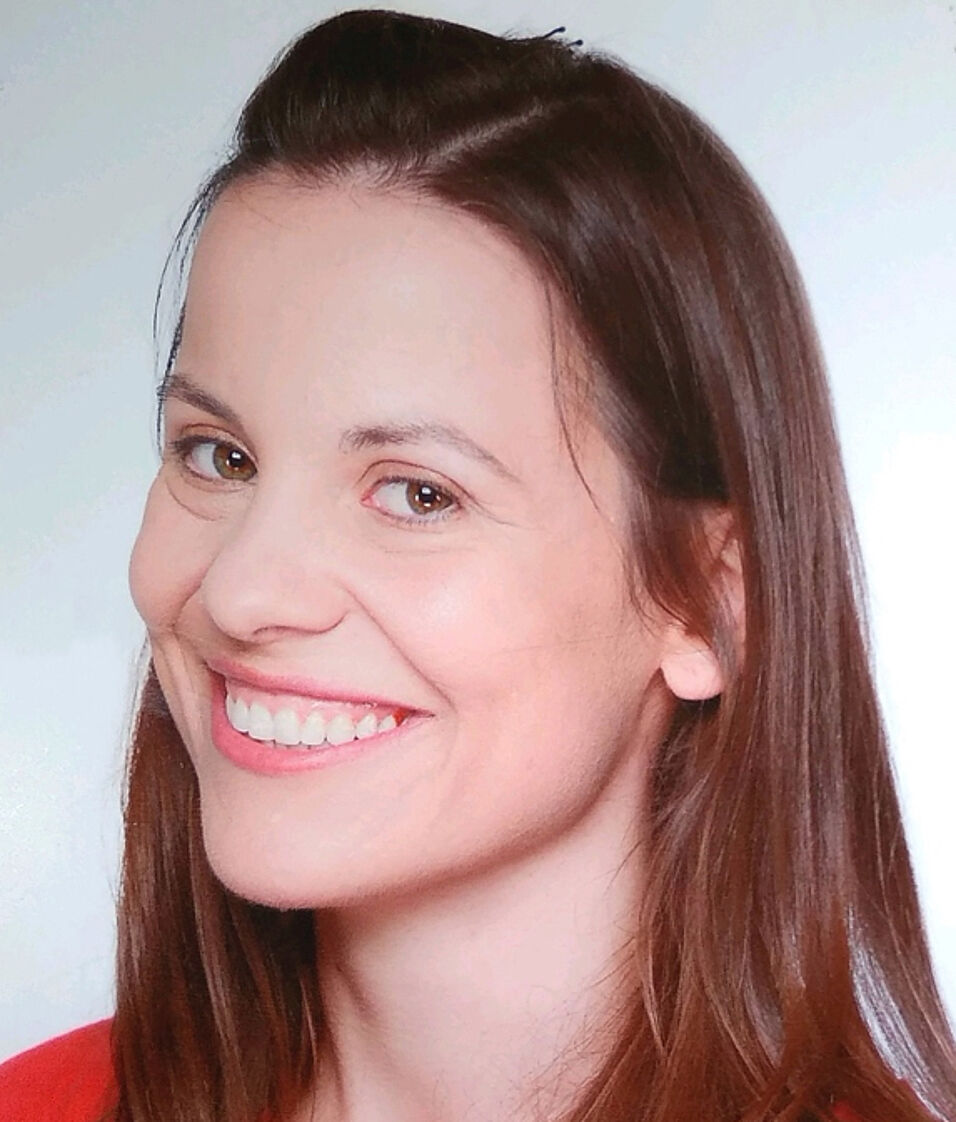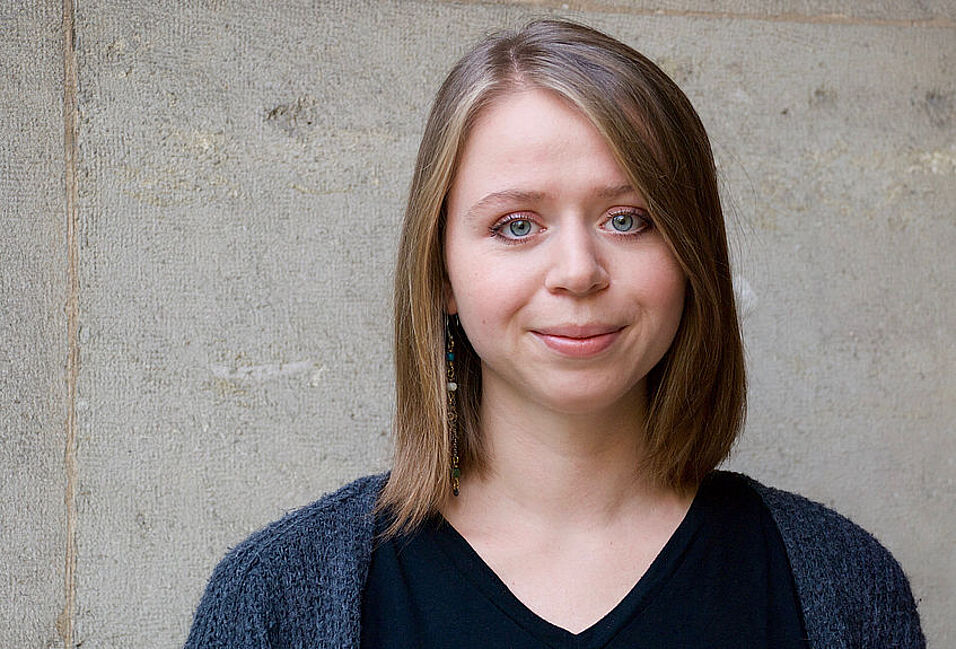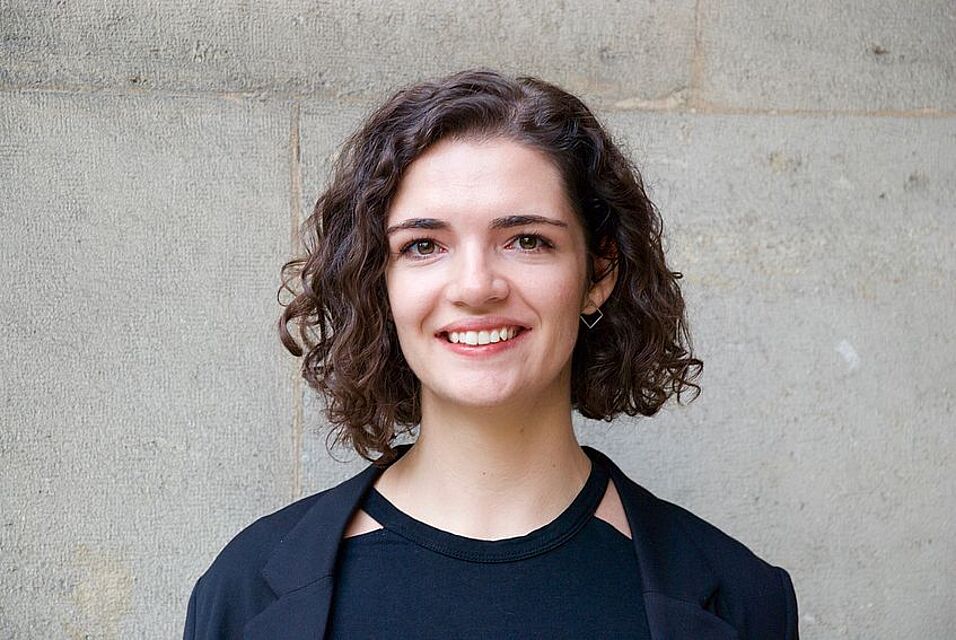Article by Michaela Forrai (✉ michaela.forrai@univie.ac.at)
In the past years, terrorist attacks by people who declare themselves Muslims have particularly caught the media's attention. However, it is not just the amount of news coverage that plays a key role in shaping public discussions, but also the way how this topic is reported on. A recent study conducted at the University of Vienna takes a close look at the so-called differentiation: Differentiated coverage actively points out the contrast between Muslims and radical Islamist terrorists, while undifferentiated coverage equates the two.
Prior research has shown that terrorist acts committed by people who wrongfully exploit their affinity with Islam as a reason for their crimes are covered particularly extensively. Furthermore, studies have pointed out that simplified portrayals of these offences can lead to a general disapproval towards Muslims. Consequently, a team lead by Jörg Matthes analyzed over 1,000 articles that appeared in twelve newspapers in Austria, Germany, and Switzerland, focusing on the question of which article characteristics are often connected to undifferentiated or differentiated media coverage.
Surprisingly, the results showed that the amount of undifferentiated versus differentiated reporting did not differ between quality and tabloid newspapers. When Muslims get the chance to speak, Islam is equated with terrorism less often and the difference between the two is stressed more frequently. This tendency increased when the articles covered injuries and deaths caused by a terrorist attack. Jörg Matthes, principal investigator of the study, concludes: "This study shows that the sources that journalists select when reporting on terrorism are crucial. Muslims offer an important perspective in this regard."
Publication details
Matthes, J., Kaskeleviciute, R., Schmuck, D., von Sikorski, C., Klobasa, C., Knupfer, H., & Saumer, M. (2020). Who differentiates between Muslims and Islamist terrorists in terrorism news coverage? An actor-based approach. Journalism Studies, 21(15), 2135-2153. DOI:10.1080/1461670X.2020.1812422


